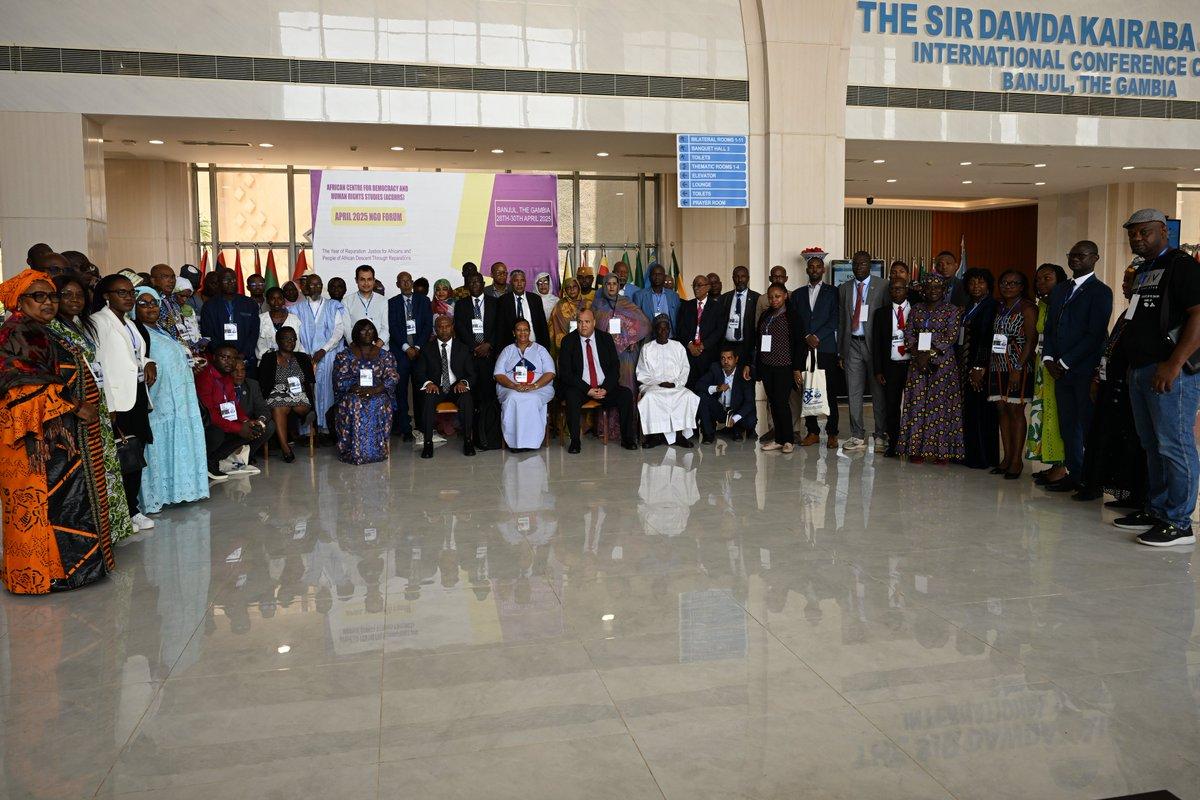
Egypt: Reform unjust vice laws, guarantee open civic space
During Egypt's UPR adoption at HRC59, Nora Noralla delivered a joint statement on behalf of ISHR, Cairo 52 and Middle East Democracy Center. Watch and read the full statement below.
Sudan Flag from UXWing

Over a hundred civil society groups and organisations urge the UN Security Council to take urgent action to protect civilians in Sudan. Read the joint letter below.
To Members of the United Nations Security Council,
We are a group of 118 feminist, women’s human rights, and human rights groups and organizations, and we write to express our grave concern about the mass atrocities and conflict-induced famine in Sudan. We call on the members of the Security Council to take concrete measures to protect civilians, including women and girls, where violations of International Humanitarian Law amounting to crimes against humanity are taking place by both warring parties of the war, namely the Sudanese Armed Forces (SAF) and the Rapid Support Forces (RSF). Civilians, in particular women and girls, are bearing the brunt of this cruel war, under the world’s watch. We remind the Security Council members, as signatories to the 2005 World Summit Outcome Document, of their responsibility to protect civilians in Sudan.
In this war, approximately 10.5M citizens have been displaced, a majority of which are women and children. According to latest estimations, 2.5 million could die of starvation by September. In the last year, 30,000+ civilians lost their lives, and 24M+ currently face human-made famine, especially women and children. There are 97+ women missing. More than 80% of hospitals are out of service either due to destruction and targeted shelling, or their take-over and transformation into military bases by warring parties. Power cuts are jeopardizing the lives of 219,000+ pregnant women who rely on the services of midwives. Many women have lost their lives. In addition, “hundreds of women and girls died of lack of medications, SGBV survivors have no access to medical support or rape kits, and hundreds of cases of rape were confirmed from Khartoum, Darfur, and other conflict areas within the last year where numbers confirmed do not represent the actual numbers (since) the security conditions and stigma prevent many women from reporting these crimes. On the other hand, dozens of women and girls are stranded in fighting areas, facing increasing life-threatening risks (where) almost 100% of women groups in Sudan lost all their belongings and (are currently) working with minimum capacity”.
Sudan is currently experiencing one of the worst humanitarian crises globally. The continued fighting in El Fashir, despite warnings from the international community, is threatening the lives of over 3M people, mostly women and children. The massacre and ethnic cleansing of the Masalit in El Geneina of west Darfur last year is about to be repeated against civilians in El Fashir of North Darfur. Millions are trapped in the city without access to food or a safe route to leave conflict areas. In Khartoum, Kordofan and Aljazeera, civilians are trapped in vicious cycles of violence and hunger. The belligerents’ obstruction of humanitarian aid and use of starvation as a weapon of war have led to a looming human-made famine in conflict areas of Sudan. In Kalma, children are dying of hunger in IDP camps, according to local leaders.
Women’s groups and local response initiatives, including health workers, bear the responsibility of providing SGBV victims and survivors with emergency support, opening public kitchens to address the current famine, documenting atrocities and crimes perpetrated, and calling for an immediate ceasefire. At the same time, they get arbitrarily arrested, threatened, have their houses looted, are smeared as traitors by the warring parties, and even killed. Moreover, “various reports from multiple sources that specifically address the situation of Sudanese women indicated that the RSF carried out kidnappings, detention, slavery, and various forms of sexual abuse, in addition to electronic threats and harassment, mass rapes, and assassinations.”
The war in Sudan is fueled by the continuous supply of weapons and financial resources from other member States of the United Nations. It is well documented that the UAE has provided support to RSF while other countries including Iran and Russia have supported SAF. The UN Security Council (UNSC) must take action to end all forms of weapon supplies to the warring parties. The cost of inaction by the UNSC on the situation in Sudan is prolonging the suffering and increasing the number of lives lost to violence and hunger.
Therefore, we urge the UN Security Council to take prompt measures to:
Signatories:

During Egypt's UPR adoption at HRC59, Nora Noralla delivered a joint statement on behalf of ISHR, Cairo 52 and Middle East Democracy Center. Watch and read the full statement below.

The 59th session of the UN Human Rights Council (16 June to 9 July 2025) will consider issues including civil society space, climate change, sexual orientation and gender identity, violence and discrimination against women and girls, poverty, peaceful assembly and association, and freedom of expression, among others. It will also present an opportunity to address grave human rights situations including in Afghanistan, Belarus, China, Eritrea, Israel and oPt, Sudan, Syria and Venezuela, among many others. Here’s an overview of some of the key issues on the agenda.

From 28 to 30 April 2025, participants in the NGO Forum held in Banjul, The Gambia, discussed key human rights and democracy issues affecting the continent, as well as the work of defenders. Participants contributed to the adoption of resolutions and recommendations, with a focus on reparations and transitional justice.